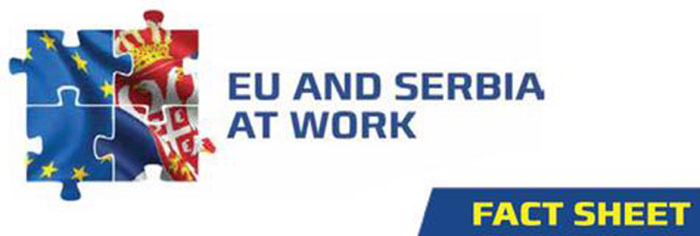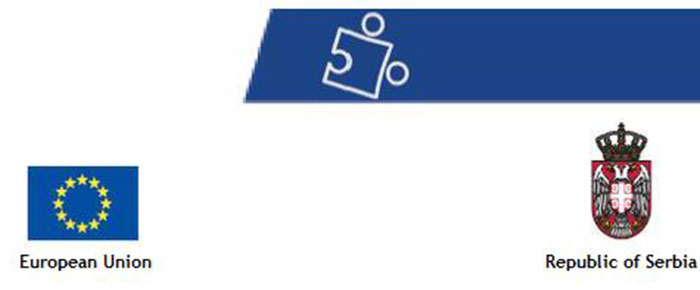
EU environment and climate change policy has its roots in strong civil society movements. Its implementation is a serious challenge to both the public administration and the economy as it directly impacts on peoples’ health and welfare. 70% of EU citizens believe today that environment protection is critical to their future. 30% of the EU’s legal framework regulates this diverse and complex policy field and 80% of relevant legislation applied by EU member states is EU law. The EU treaty requires moreover that environment and climate change policy be mainstreamed into all other sectorial policies.
The EU’s 2020 agenda and its vision for 2050 are strongly influenced by environment and climate change concepts of sustainable, resource-efficient and low-carbon growth, as well as the fight against environment-related threats to health. High environmental standards are no longer seen as a burden but an opportunity to develop a competitive advantage. So called green tech businesses provide already 2.5% of the EU’s GDP and in excess of 3.5 million jobs and are growing fast.
The EU recognizes that environmental pollution and over-exploitation of natural resources is not sustainable and comes at long term cost that exceeds economic benefits. Apart from legislating standards that limit the negative impact on environment and climate change a fundamental principle of EU policy in the sector is the “polluter pays” principle. It should make pollution economically unattractive and where unavoidable compensate for damage done to natural resources such as water, air and ecosystems.
In Serbia close to € 700 million have been invested in environmental management since 2000 benefitting over one million citizens directly through the provision of better water and waste management services, cleaner air, safer chemicals but also indirectly through better overall regulation of the sector. Better regulation provides for example for improved environmental permitting and inspection, enhanced air and water monitoring, more effective control of wildlife trade as well as better access of citizens to environmental information and public participation in environmental decision making processes – key principles of EU environmental policy.
To this end EU funds have supported a mix of actions ranging from administrative capacity building and longer term strategic planning for the sector to investment in concrete pollution prevention and control measures in the energy sector and in enhancing service levels of waste and water utilities. Considerable investment has also been provided for the upgrade of Serbia’s environmental monitoring infrastructure for air and water.
Current assistance continues with the above focus but now includes also measures geared towards combating climate change and enhancing nature protection.
Introducing EU environment and climate change standards in Serbia is a long term objective – amongst others on account of the high cost linked to environmental infrastructure development in the public sector as well as in polluting private sector industries and businesses. The capacity demands on the regulator are also significant. Finally Serbian society needs to support the process not least by its willingness to pay within the limits of affordability for better environmental standards.
Precondition for negotiating the environment chapter with the EU is a plan showing by when Serbia intends to implement all EU requirements and how it intends to mobilize the financial resources required to do so. Future EU assistance will therefore target the preparation of these very detailed implementation plans for most of the so called “cost heavy” directives and continue to co- finance priority environmental infrastructure investments.
For more information:
Delegation of the EU to the Republic of Serbia
Tel: +381 (0)11 30 83 200
delegation-serbia@eeas.europa.eu

